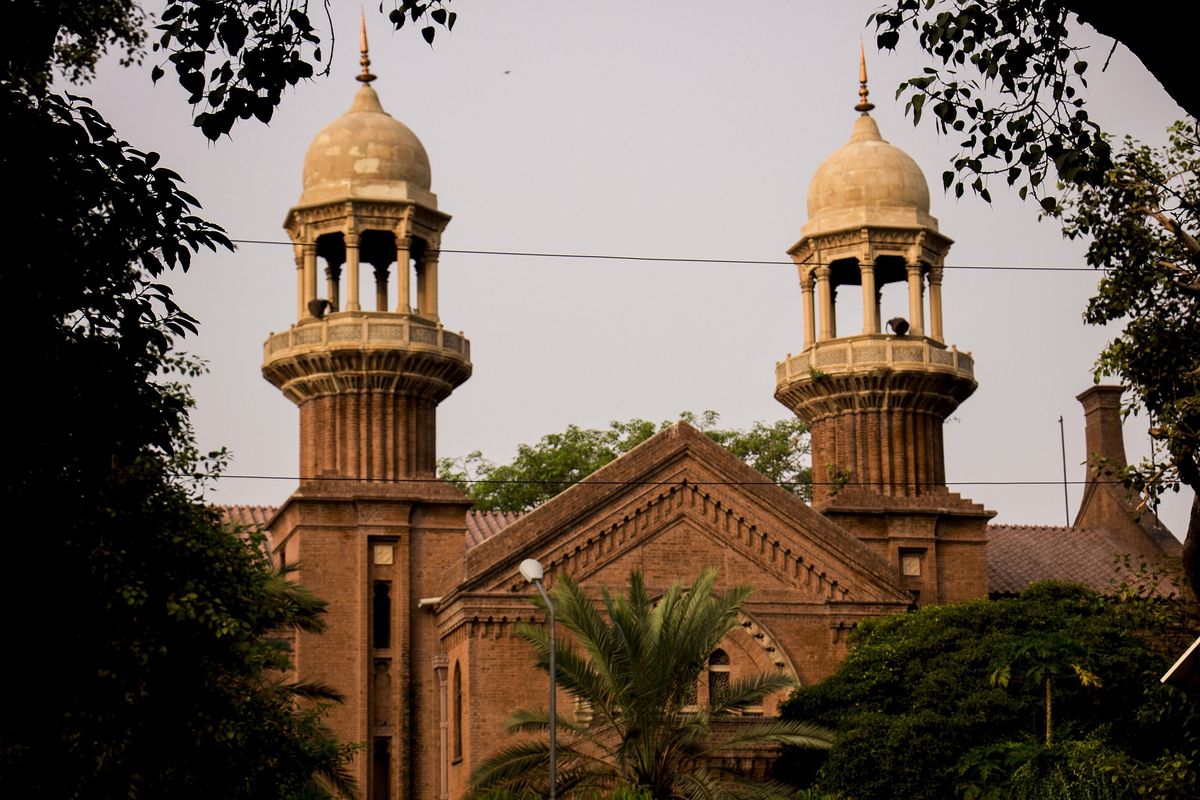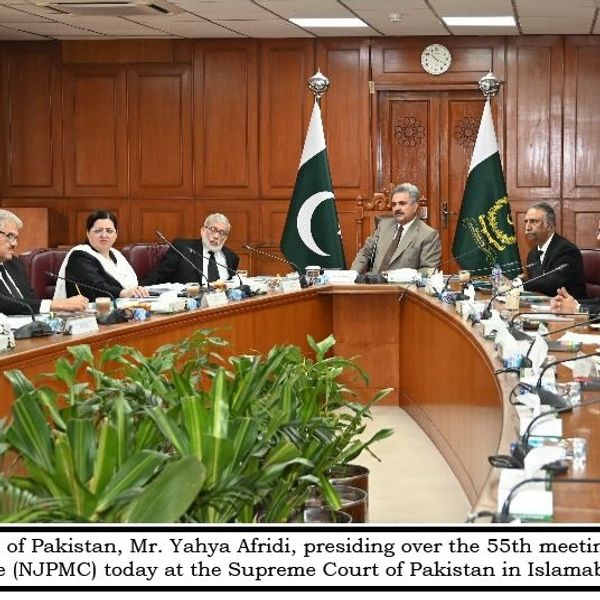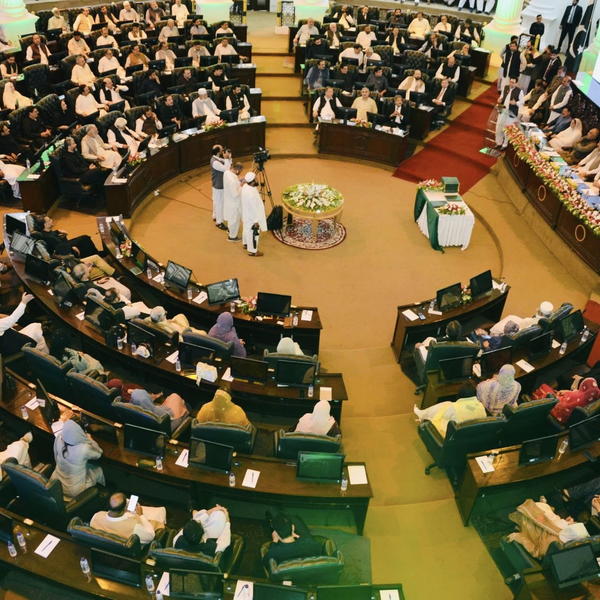Pakistani court rules biological father must support child born of rape or out of wedlock
Lahore High Court ruling states that proving paternity is key to deciding child support in rape-related cases

Haider Amin
Correspondent, Nukta
Haider Amin is a multimedia broadcast journalist with an experience of almost 18 years. Served media industry as reporter, associate executive producer and head of packaging department.

A Pakistani court has ruled that a biological father must financially support a child born as a result of rape or outside of marriage if paternity is proven.
Justice Ahmad Nadeem Arshad of Lahore High Court (LHC), in a 15-page written verdict, referred a case back to the trial court for a decision based on evidence. The case involved a five-year-old girl whose mother had filed for child support.
The ruling stated that justice and equality demand that if a child's biological father is proven, he is responsible for the child's expenses. The judge also emphasized that a biological father has a moral obligation to take responsibility for an illegitimate child.
According to case records, in 2020, the petitioner, Muhammad Afzal, allegedly raped a woman, leading to the registration of a case against him. As a result of the alleged rape, the woman gave birth to a daughter and later filed a claim for child support.
Afzal denied paternity in the trial court and requested that the claim be dismissed. However, the trial court accepted the woman's plea and ordered him to pay PKR 3,000 in maintenance for the child.
Challenging the decision in the Lahore High Court, Afzal argued that Muslim law distinguishes between a legitimate child and a biological child. He contended that in cases of legitimate children, courts can grant interim maintenance, but when paternity is disputed, the legal scenario changes.
The court ruled that the burden of proof lies on the woman to establish the biological paternity of the child. Before ruling on maintenance, the court must first determine paternity. The case has now been sent back to the trial court for further proceedings.
Landmark ruling hailed
Advocate LHC Fatima Butt, speaking to Nukta, emphasized that this landmark ruling has safeguarded the future of children born as a result of rape or out of wedlock.
She highlighted the immense societal pressure women often endure in such cases, where the rights of these innocent children are frequently disregarded.
Despite bearing no fault of their own, these children are subjected to social stigma, exclusion, and deprivation.
“By upholding the principle of equality, the court has taken a significant step in ensuring that their rights are protected on par with other children, granting them the dignity and security they rightfully deserve,” she further said.
Similar legal precedents in Bangladesh and India
The rights of children born as a result of rape are rarely acknowledged within the Bangladeshi legal system. However, under Section 13 of the Nari O Shishu Nirjatan Daman Ain, 2000 (The Prevention of Oppression Against Women and Children Act, 2000), such children are entitled to recognition through the identity of their father, mother, or both.
Similarly, Section 144 of the Bharatiya Nagarik Suraksha Sanhita in India places a legal obligation on the father to provide financial support for his children, regardless of whether they are born within or outside of wedlock.










Comments
See what people are discussing